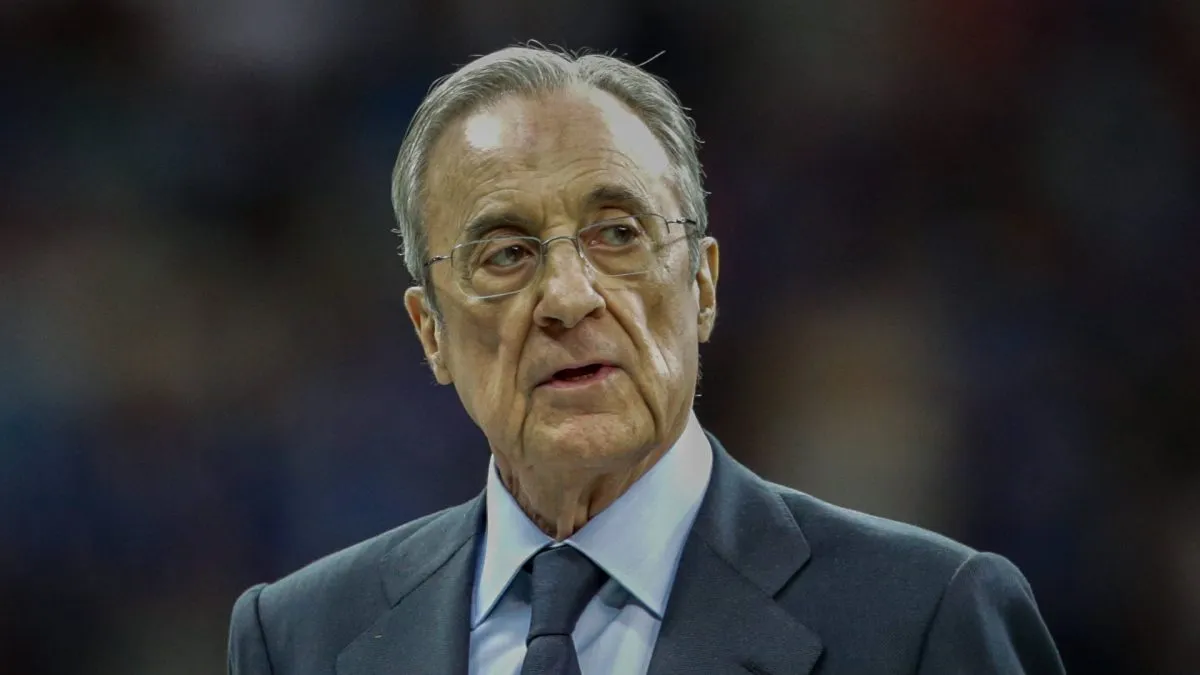Real Madrid, alongside Barcelona, remains optimistic that the controversial European Super League (ESL) will eventually come to fruition despite significant resistance from UEFA, FIFA and many fans. Over the past year, both Spanish clubs have been working diligently to revive the concept of the Super League. They aim to replace existing UEFA competitions, like the Champions League, with this new tournament. For now, Madrid and Barcelona are the only two clubs officially signed up. However, organizers and supporters believe that the climate in Europe could favor the ESL’s eventual success.
According to reports from Relevo, Real Madrid are “very optimistic” about the Super League’s potential to succeed. The organizers, A22, are, in fact, tentatively planning a launch for September 2025. However, this date remains flexible as the parties involved navigate ongoing legal and regulatory challenges. A22 is working on transforming the ESL into a more competitive and engaging spectacle; one that offers fans a higher-quality experience compared to current UEFA tournaments.
The focus of the ESL is not on the number of matches but on enhancing the significance of each fixture. Thus, providing a “better football experience,” as chairman Reichart puts it. This goal contrasts with UEFA’s expanding tournament formats. Its critics argue that it prioritizes quantity over quality, contributing to player fatigue and a congested calendar.
Real Madrid continues to lock horns with UEFA amid Super League
The increasing dissatisfaction with the way UEFA and FIFA have handled the calendar is powering the club’s optimism. In recent years, both governing bodies have introduced new competitions and expanded existing ones. Thus, placing increasing physical and mental strain on players. Many prominent players have voiced concerns over the excessive number of matches. It not only impacts their performance but also heightens the risk of injury.

For Madrid, these annoyances represent a chance to thrive. If UEFA and FIFA fail to address these issues, Real Madrid and Barcelona believe they could sway more clubs to join the ESL. The breakout league promises fewer matches of higher intensity and importance.
Financial considerations and technological innovation
A critical element of the Super League’s strategy is its potential financial benefits. With lower television rights than current UEFA tournaments, the ESL aims to create a more affordable and fan-friendly product. Reichart has indicated that the competition will leverage new technologies to deliver an improved viewing experience, further distinguishing it from existing formats.
The ESL is positioning itself as a premium tournament that can attract global audiences with fewer, but more competitive, matches. The proposed format will follow a classic league structure with home and away games, culminating in a playoff system to crown the champion. This approach, Reichart suggests, will reduce the lopsided matchups that often occur in the Champions League group stages, as evidenced by Bayern’s 9-2 demolition of Dinamo Zagreb or Borussia Dortmund’s 7-1 thrashing of Celtic.
Despite Los Blancos’ optimism, there are substantial challenges facing the Super League’s revival. The initial attempt to launch the ESL in 2021 was met with fierce backlash from fans, players, managers, and clubs across Europe. The heavy criticism led to the withdrawal of several founding members, including Manchester United, Liverpool, and other Premier League teams, effectively halting the project.
This time around, the ESL organizers are approaching the concept with greater caution, hoping to address some of the concerns raised during the first launch. One key point of contention remains the elitism of the competition, which in its original format would have guaranteed places for founding clubs, regardless of performance. Reichart and A22 have signaled their willingness to revise this aspect, promoting a more meritocratic approach where qualification is earned.
PHOTOS: IMAGO















